Childhood emotional neglect is a failure of parents or caregivers to respond to a child’s emotional needs. This type of neglect can have long-term consequences, as well as short-term, almost immediate ones.
People who are emotionally neglected as children grow up to be adults who must deal with the consequences. Because their emotional needs weren’t validated as children, they may not know how to deal with their emotions when they occur.
The most common effects of childhood neglect in adulthood include:
- post-traumatic stress disorder
- depression
- emotional unavailability
- increasing likelihood for an eating disorder
- shunning intimacy
- feeling deeply, personally flawed
- feeling empty
- poor self-discipline
- guilt and shame
- anger and aggressive behaviors
- difficulty trusting others or relying upon anyone else
Effective treatment and understanding their own experiences of neglect can help people of all ages overcome the effects of emotional neglect in the short-term and prevent future complications as well.
Here is link for video below: https://www.youtube.com/watch?v=UjP9WkRt7tE&feature=youtu.be
Treatment for childhood emotional neglect can help children who were neglected overcome the feelings of emptiness and inability to handle their emotions. Likewise, parents can learn to better relate to their children and prevent the cycle from happening again.
I believe in you, and you need to believe in you too. There is hope!
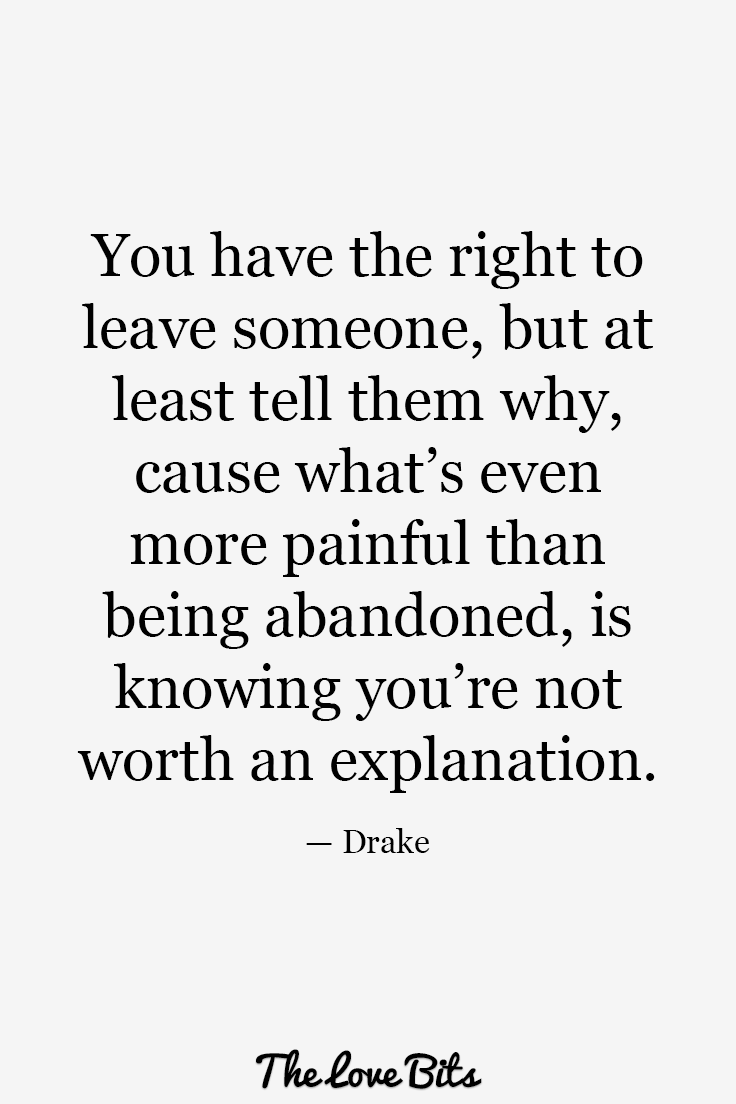
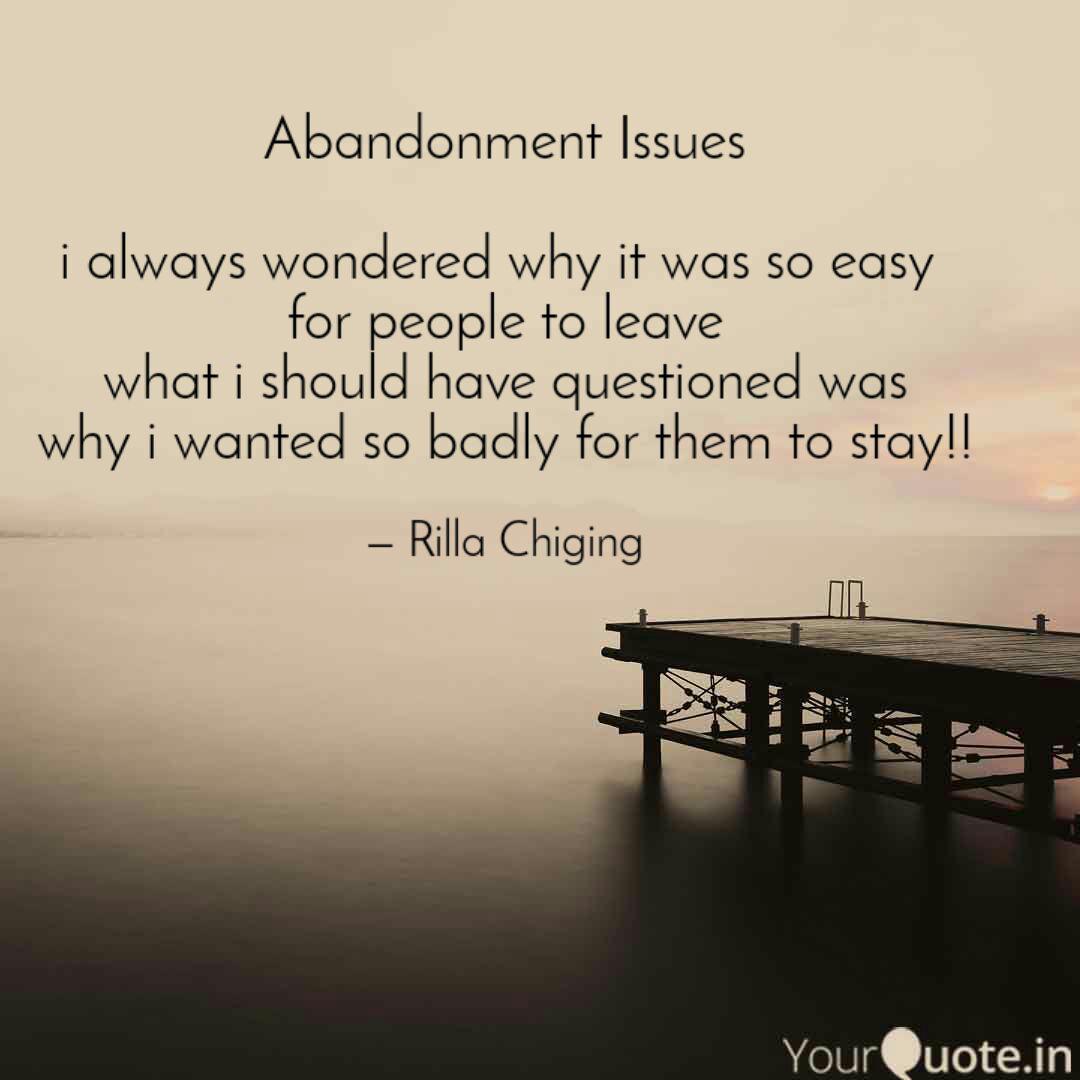
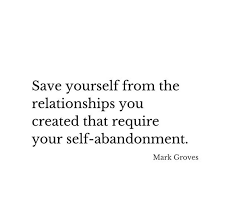

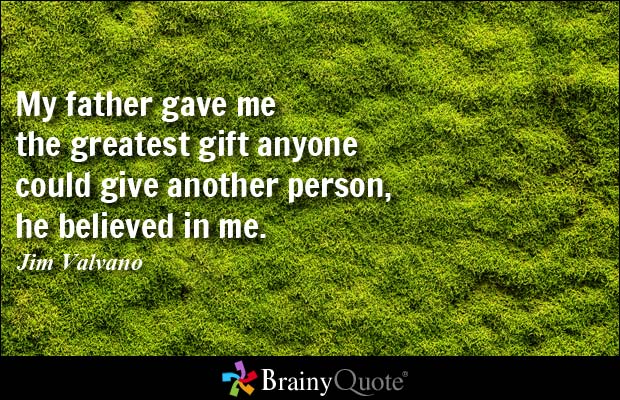
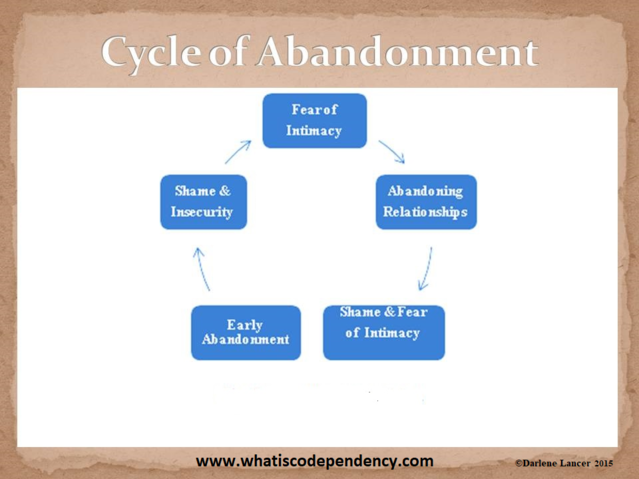

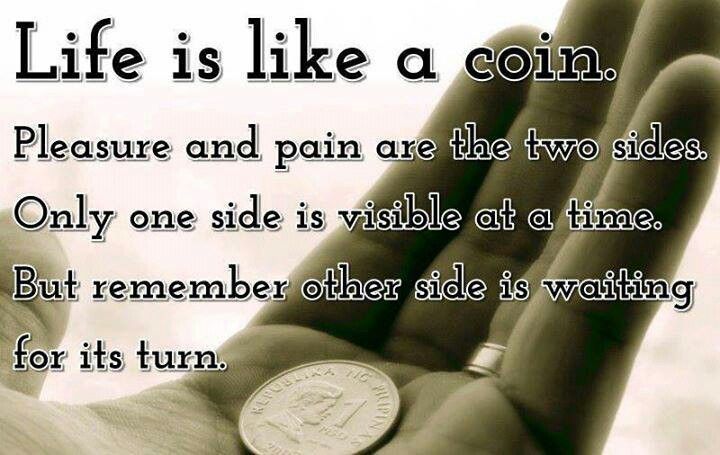



 RSS Feed
RSS Feed